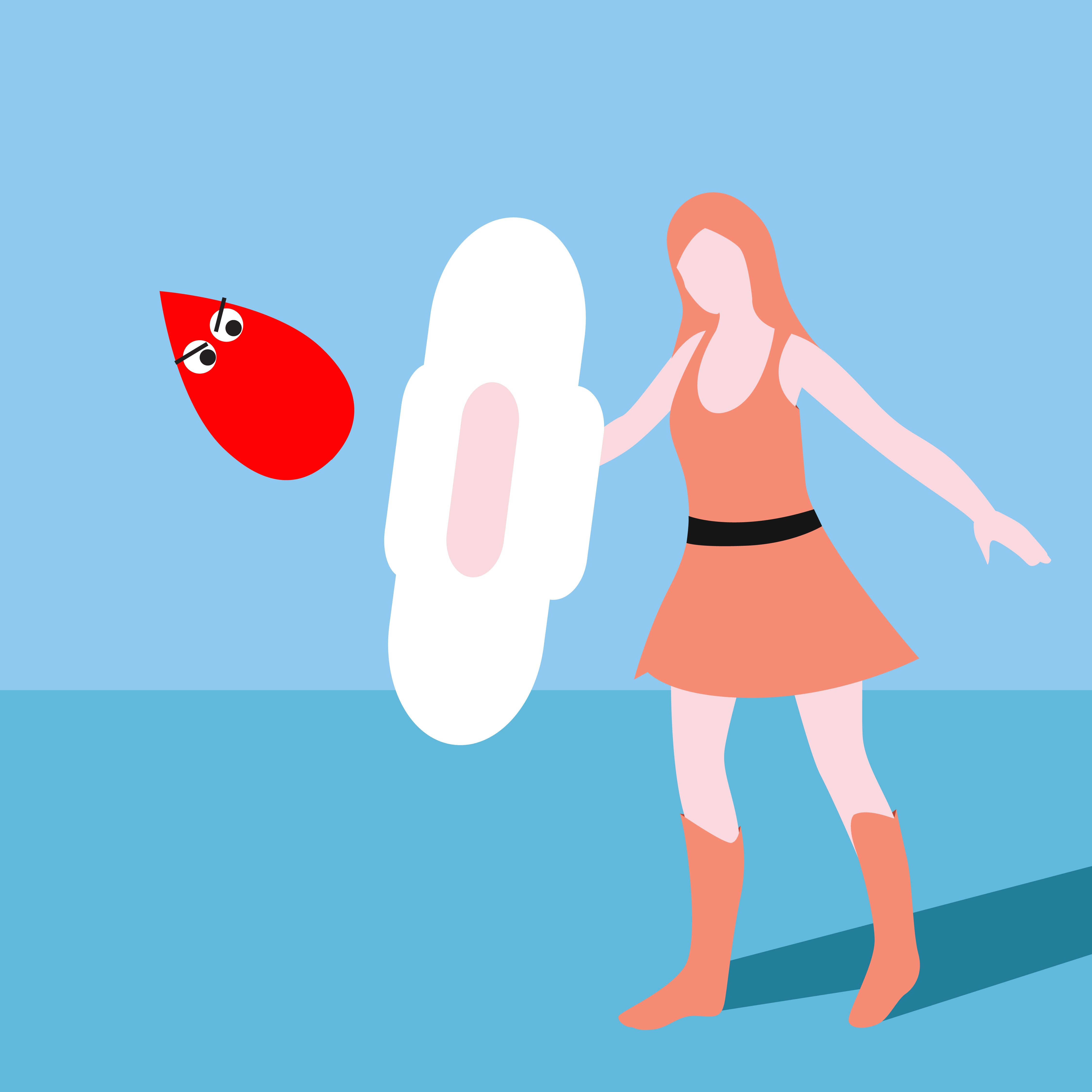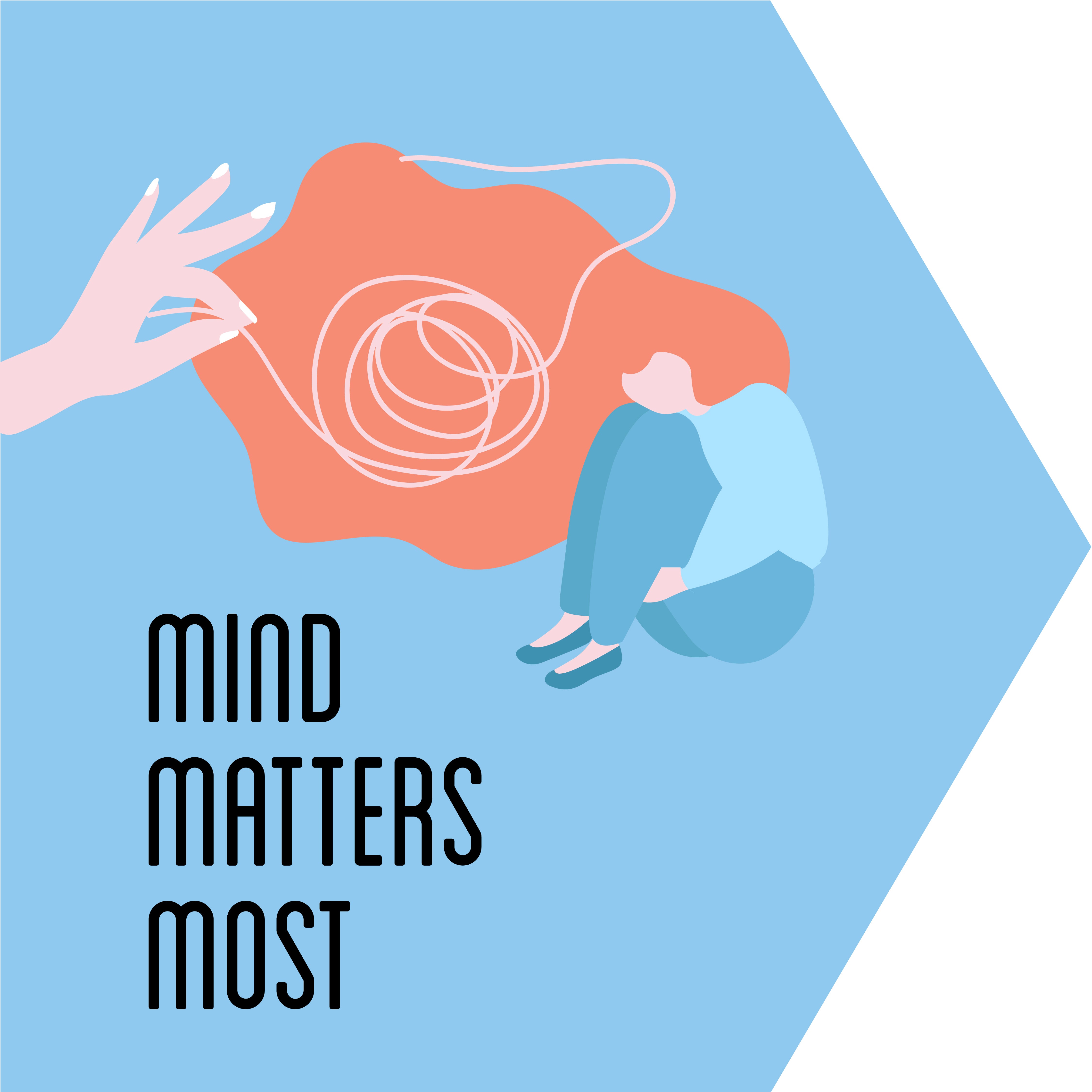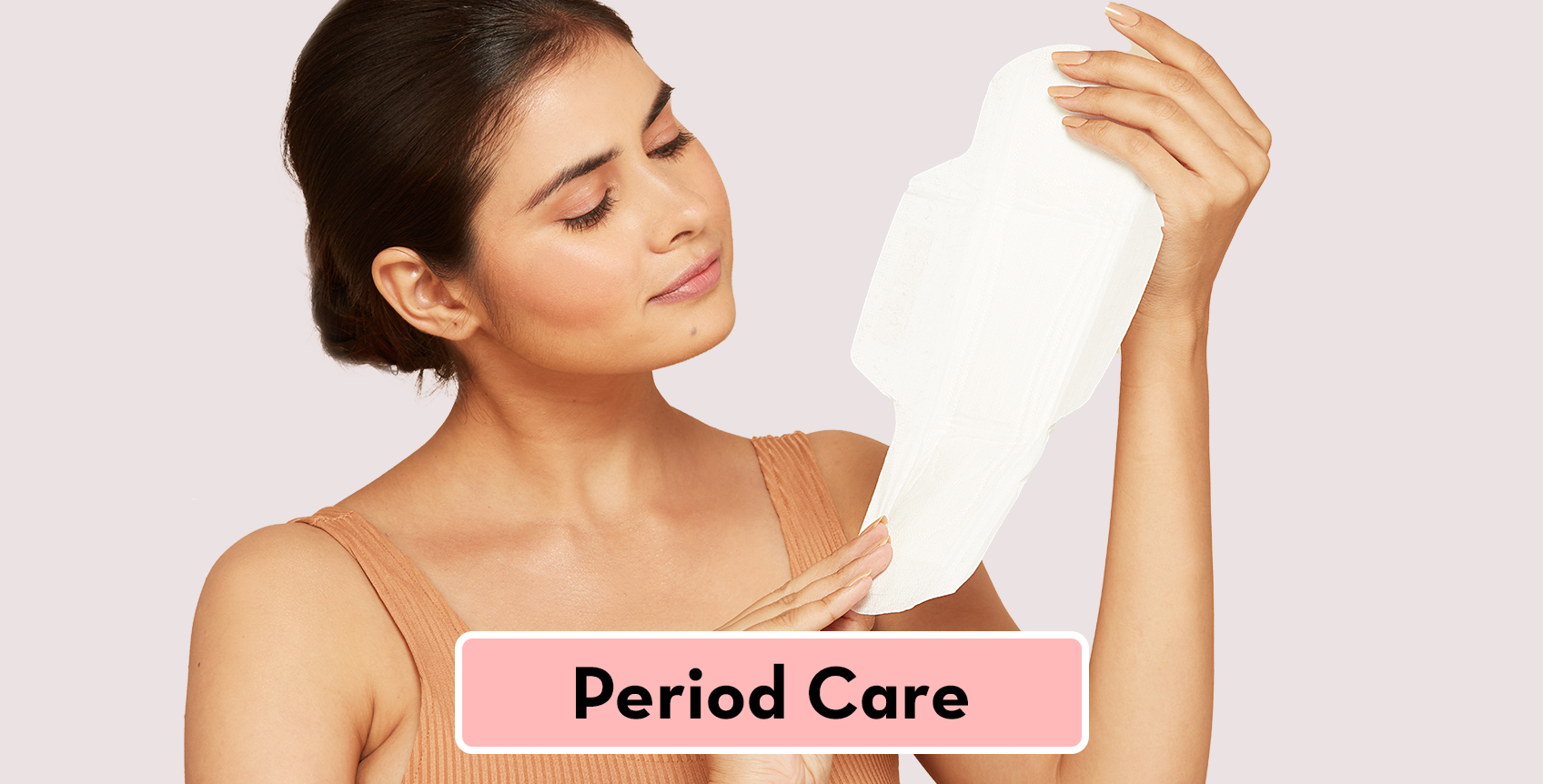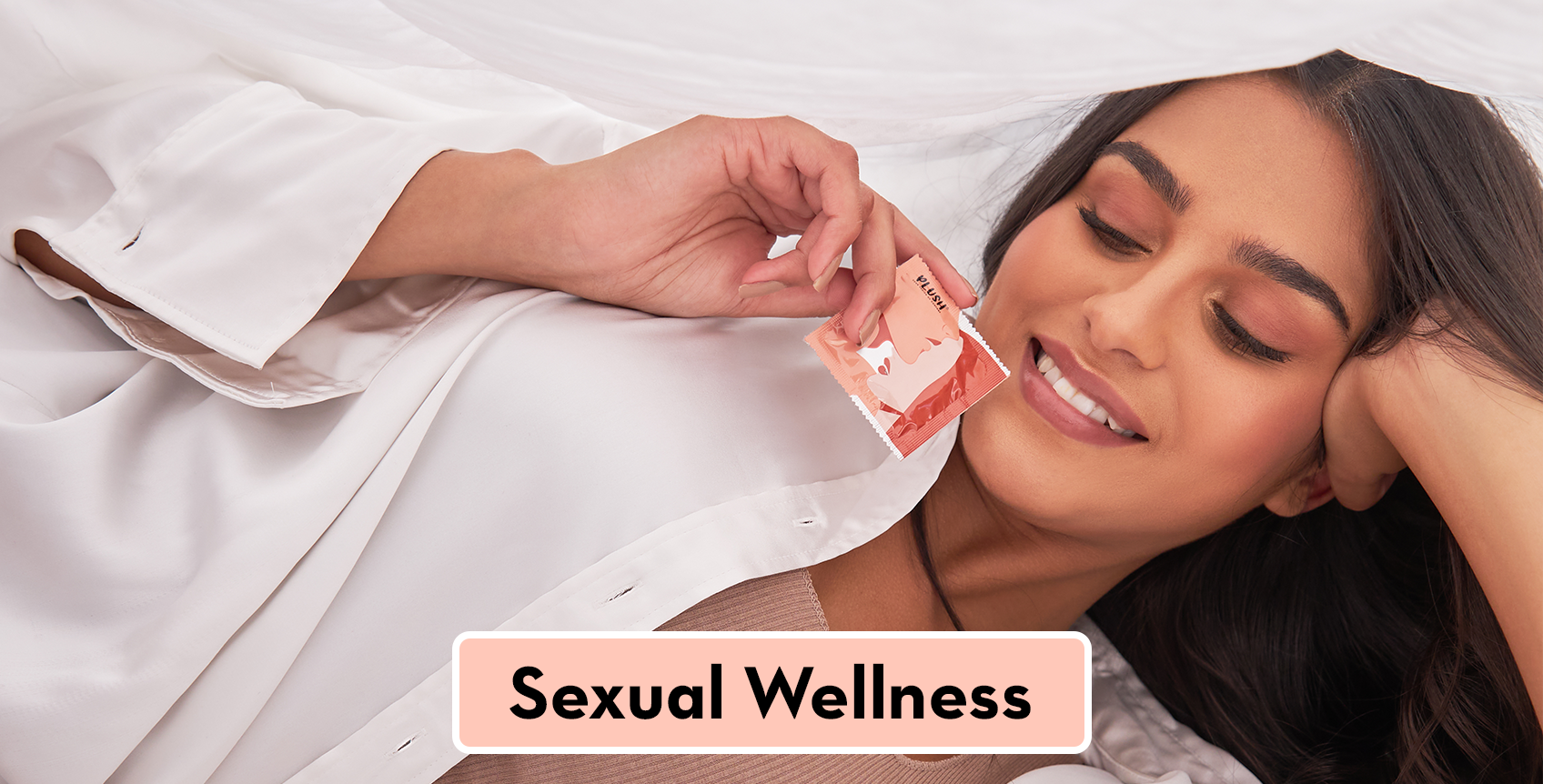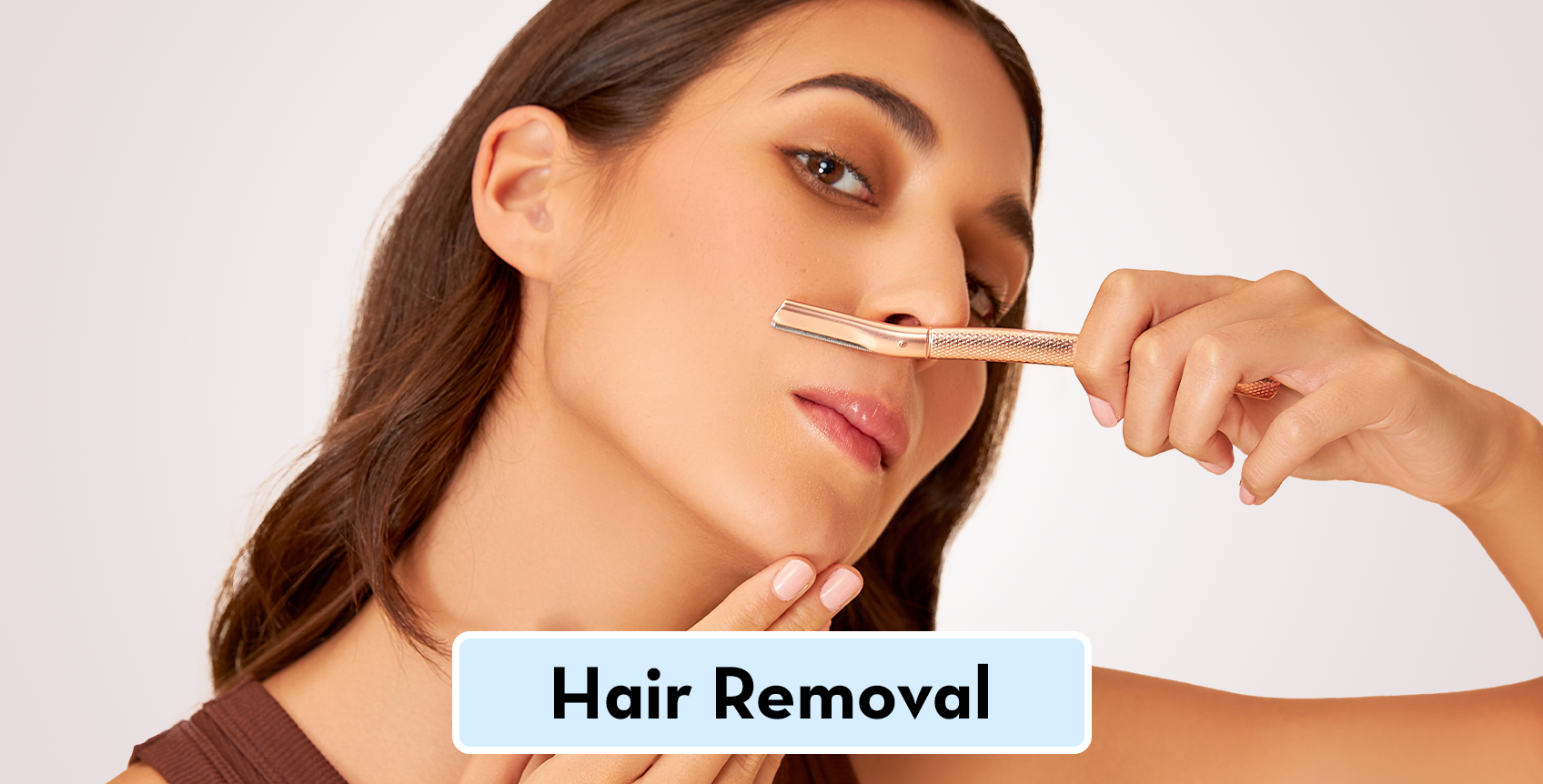The PCOD lifestyle
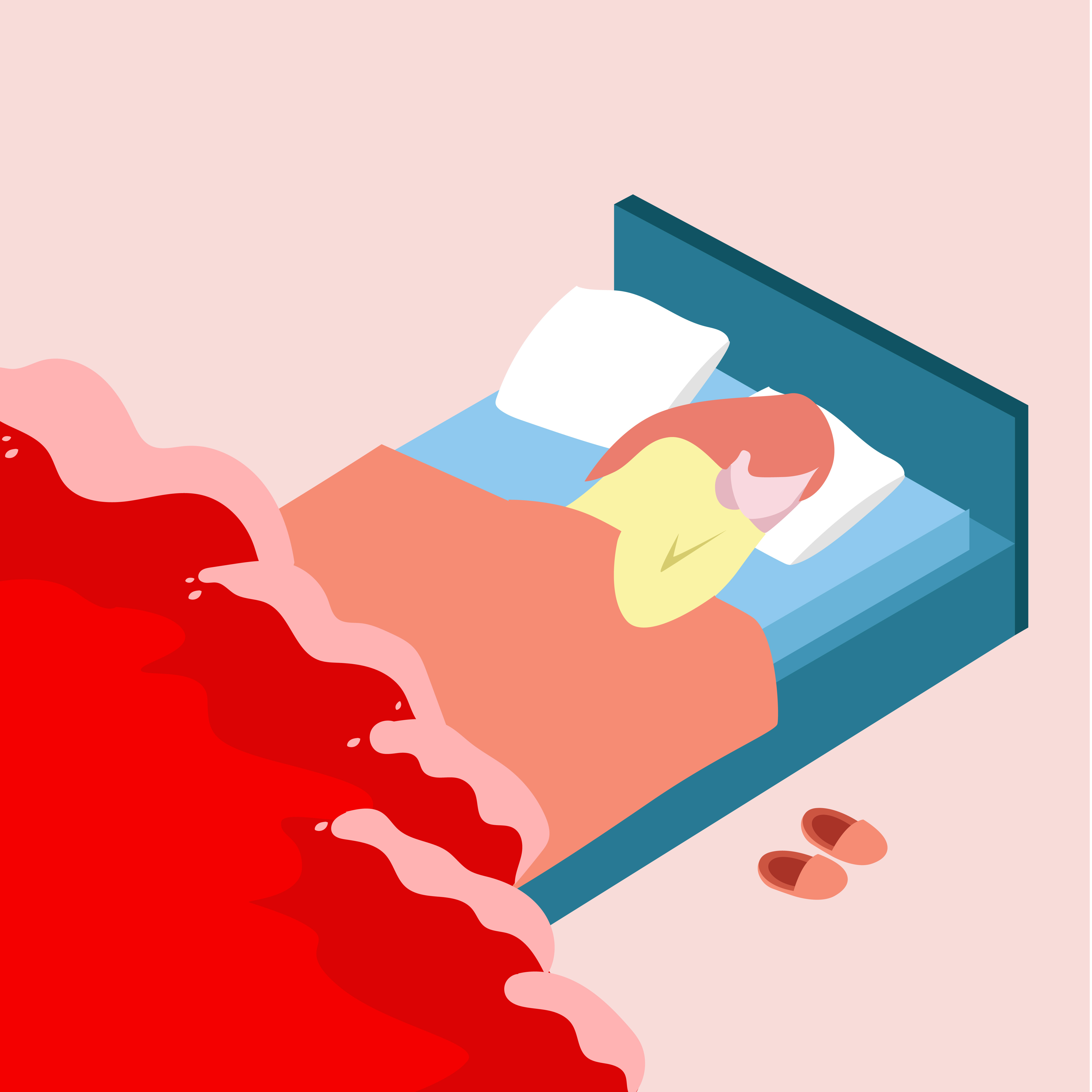
PolyCystic Ovary Disorder
PCOD is a hormonal disorder that affects 1 in 10 women. Mostly affecting women within the age group of 18-45.
It is a cause for many physical and psychological issues faced by women such as mood swings, acne, etc. It is caused mainly due to the formation of multiple small cysts on the uterus which in turn causes the enlargement of ovaries. This leads to excess production of estrogen in the body.
Cause : Though the main cause for PCOD is unknown, there are a lot of contributing factors. It is often thought to be associated with Menarche (early onset of menstruation) or an unhealthy lifestyle in particular.
Symptoms : The following are a few issues characterised by PCOD :
- Irregular periods
- Unusual body and facial hair growth (hirsutism)
- Heavy bleeding (Menorrhagia)
- Acne and weight gain
- Infertility.
And though, PCOD has no actual cure there are a few simple changes that everyone of us suffering from PCOD can incorporate to make these symptoms more bearable. Here are a few :
1. A whole lotta whole foods
Whole foods are free from artificial sugars, hormones, and preservatives. These foods are as close to their natural, unprocessed state as possible. Fruits, vegetables, whole grains, and legumes are whole foods that you can add to your diet. Without hormones and preservatives, your endocrine system can better regulate your blood sugar.
2. Increase your iron intake :
Some women with PCOD experience heavy bleeding during their period. This can result in iron deficiency or anemia. If you experience any of these symptoms or your doctor has diagnosed you with either, it is advisable to start including iron rich foods in your diet.
3. Put a cap on caffeine :
Caffeine consumption may be linked to changes in estrogen levels and hormone behavior. Try boosting your energy with a decaf alternative, such as an herbal tea.
4. Get active :
Symptoms of PCOD include obesity and weight gain. To combat the same, we suggest exercise. Nothing too strenuous, just some light yoga/ pilates or swimming. Just something to keep your body active.
5. Get your sleep cycle on track :
Sleep affects your stress levels and helps regulate cortisol to balance your hormones. But sleep disturbances are twice as common for women with PCOD. To up your sleep hygiene:
- Aim for eight to ten hours of sleep per night.
- Establish a regular bedtime routine.
We get that at the end of the day PCOD isn't easy to live with but we do hope that including the above changes in your daily life can help ease some of the discomfort.
Leave a Message
This site is protected by reCAPTCHA and the Google Privacy Policy & Terms of Service apply.

